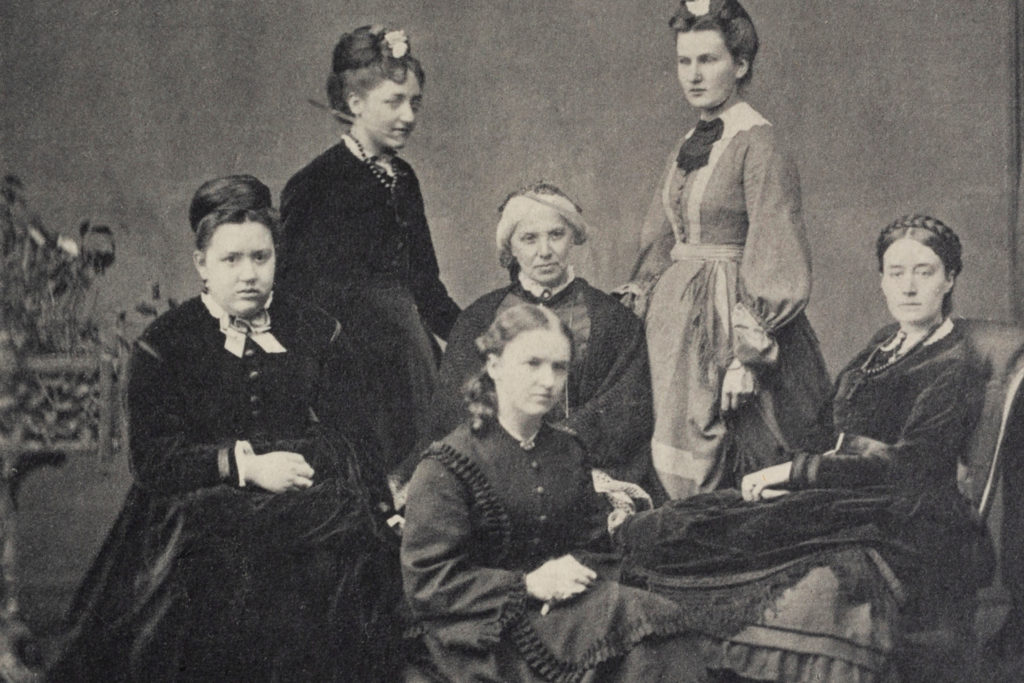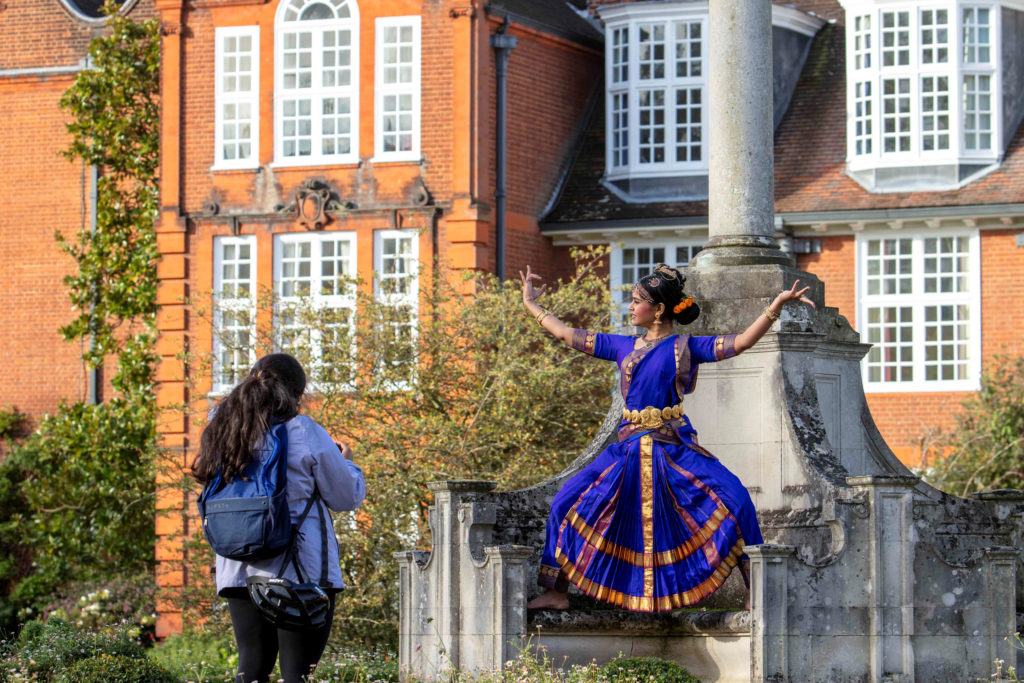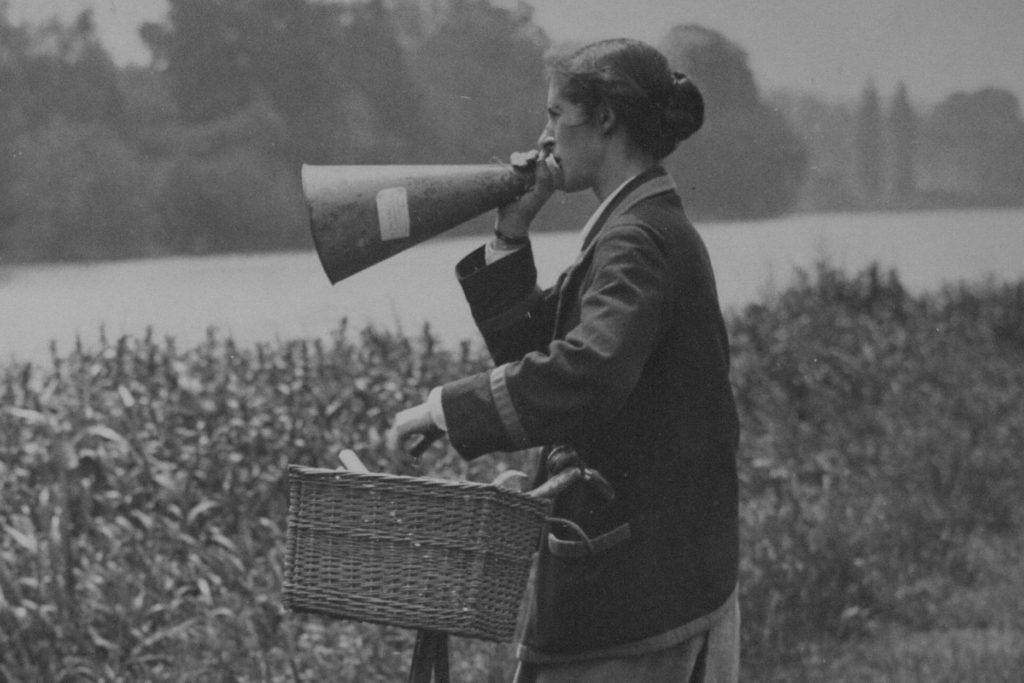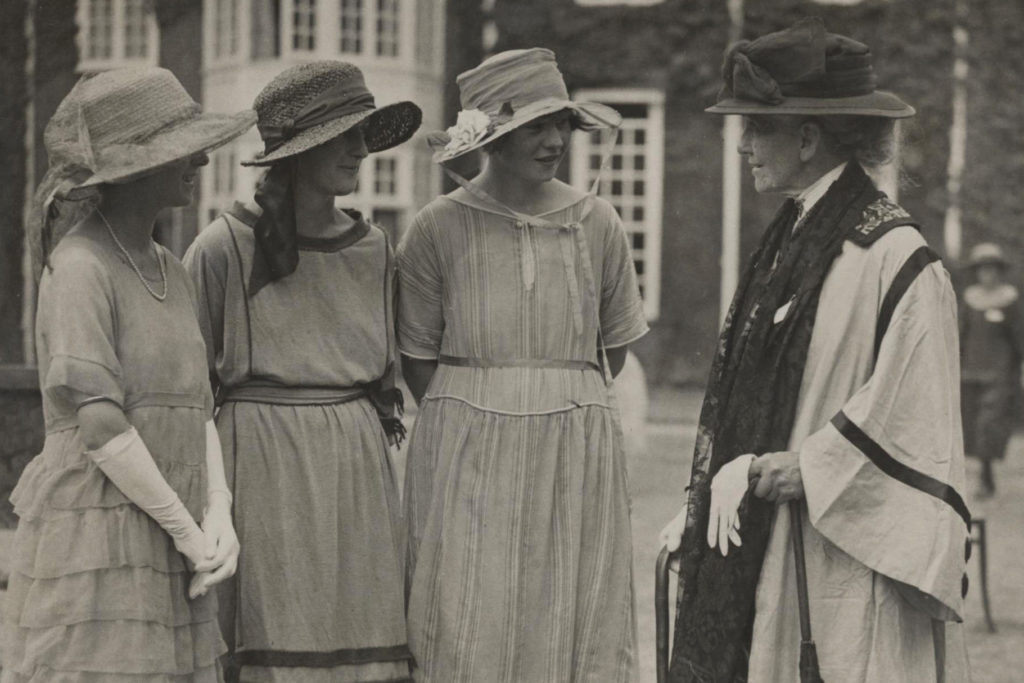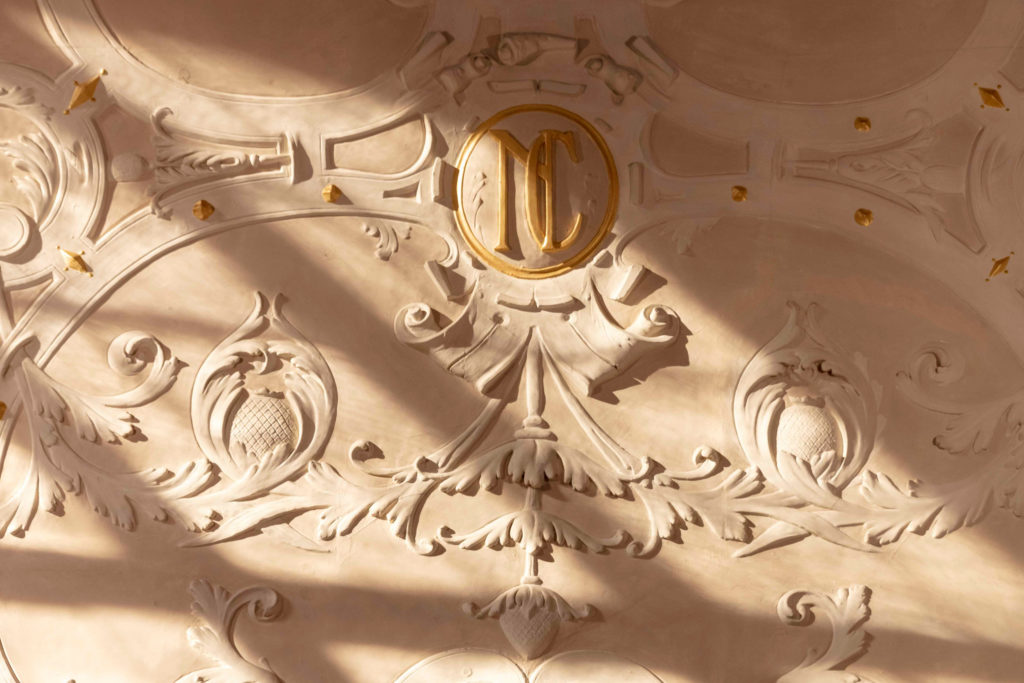Dr Mathelinda Nabugodi uncovers some of the links between the poetry of freedom and the practices of slavery in the Romantic period. This talk draws on her current work in progress, a critical memoir around a series of encounters with objects contained in the archives of the major Romantic poets.
Romanticism is best known as a movement celebrating political and imaginative liberty – the human mind freeing itself from the shackles of tradition. But Romanticism also coincided with the apex of the transatlantic slave trade. In this talk, Dr Mathelinda Nabugodi shares her research for her forthcoming critical memoir entitled The Trembling Hand: Reflections of a Black Woman in the Romantic Archive. The book is structured around a series of encounters with objects contained in the archives of the major Romantic poets: unexpected treasures such as Wordsworth’s teacup, Shelley’s baby rattle, or Byron’s carnival mask. Establishing a direct, physical link between the Romantic past and our own present, these relics prompt a wide-ranging reflection on the period’s legacy in our own time: its poetic ideals as well as its painful realities. In this way, the book makes a distinct contribution to the national conversation about British history and culture in the wake of calls to decolonise the curriculum and remove statues celebrating slavers and colonisers.

Dr Mathelinda Nabugodi
Dr Mathelinda Nabugodi is a Leverhulme Trust Early Career Fellow in the Faculty of English at the University of Cambridge and a Post-Doctoral Affiliate at Newnham. A sample from The Trembling Hand won the 2021 Deborah Rogers Foundation Writers Award; the book will be published in 2024 by Hamish Hamilton in the UK and Knopf in the US.

